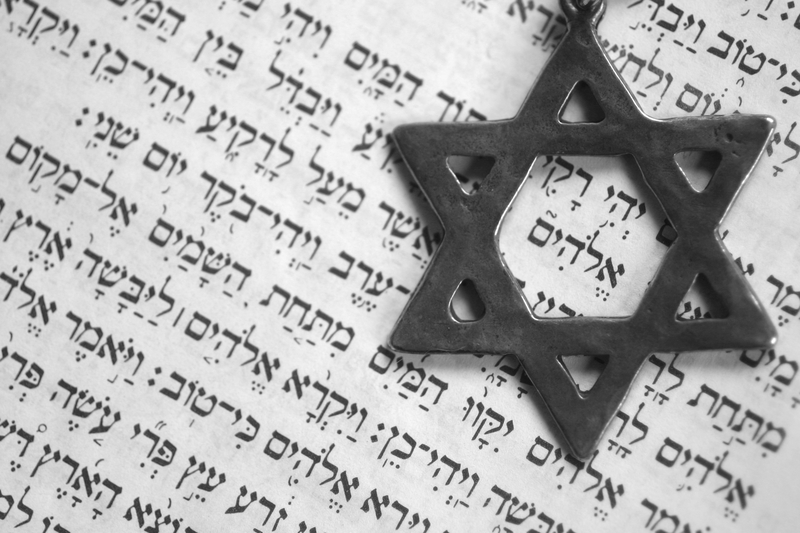
The day had finally arrived... After months of planning & constructing, the Mishkan was finally complete. After a seven day ‘kohen training session’ everything was ready. It was the eighth day, it was THE day, ‘Inauguration Day’ for the Mishkan. Creation itself had awaited this day. Hazal tell us that the joy of G-d on that day, was like the joy he had on the day he created heaven and earth.
Moshe Rabenu tells Bene Yisrael that they will merit something unique on this day. Hashem will ‘appear’ to the entire nation. Although they’ve merited this once before (on Har Sinai the nation saw the glory of G-d in the image of fire atop the mountain), today would be different. Hashem would show the nation that the shechina would now permanently dwell amongst them. The Mishkan would be a direct continuation of Har Sinai. This was all meant to begin on the eighth day.
The moment finally came…
“A fire came out from before Hashem onto the altar and consumed the sacrifices.”
Each member of Bene Yisrael saw the expression of Kebod Hashem (the glory of G-d), just as Moshe forecast. They praised G-d and fell on their faces. The day had reached its’ climax. What a precious moment for Am Yisrael!
At that very moment tragedy strikes, and the great joy is shattered! Nadab and Abihu, the future leaders of the Bene Yisrael take a pan, put fire in it, place incense on it, and bring it before G-d. A fire comes out from before G-d and strikes them, and they are killed on the spot. The same fire which showed G-d’s glory now kills Nadab and Abihu.
Why?! Why where they deserving of this punishment? Why was this precious day marred with such a tragedy?
The answer lies in analyzing the meaning of the ketoret (incense) they brought. The purpose of ketoret is to provide a cover and screen for the divine presence. It prevents direct contact with G-d’s glory. The ketoret is used in such a fashion on Yom Kippur. As the Kohen Gadol enters the holy of holies, he is obligated to offer the ketoret there.
Nadab and Abihu felt that experiencing the divine presence was a privilege reserved only for the kohanim and zekenim- the elite members of the nation. As Nadab and Abihu witnessed the glory of G-d entering into the Mishkan, they rushed to produce a smokescreen that would ‘shield’ Bene Yisrael. This was their fatal mistake.
The very purpose of the day was to illustrate that each member of the Jewish nation is capable of having a direct connection with Hashem. The ketoret offered by Nadab and Abihu implied otherwise. Hashem had to make it publicly known that Nadab and Abihu were completely wrong. Hence, the very fire they intended to ‘shield’ Bene Yisrael from, was used to consume them.
Judaism is not reserved for the elite. It belongs to all. It is the inheritance of all. Even the simplest Jew can draw near to G-d. Although we don’t have a mishkan or mikdash nowadays, we have synagogues and study halls. Every Jew is welcome to connect to G-d through prayer and study. Regardless of one’s religious level, they have an opportunity to feel the divine presence in these holy places.
Rabbi Yaakob Savdie is an educator & Rabbi in the Sephardic Community of Brooklyn. He serves as a Rabbi at Congregation Ahaba Ve Ahva, where he gives shiurim, delivers sermons, and helps to guide the congregants. He also oversees the Post High School Program at Yeshibat Shaare Shaul (the Sephardic Rabbinical College) where he educates the young adults of the community, and teaches Gemara & Halacha. He received his semicha from Hacham Obadia Yosef ZS"L.







